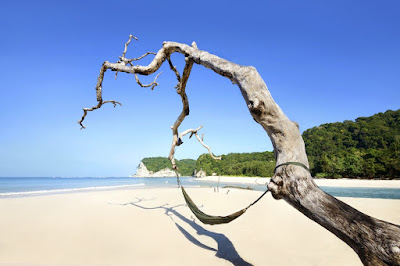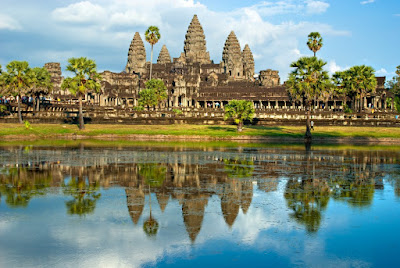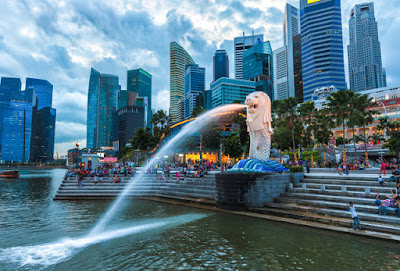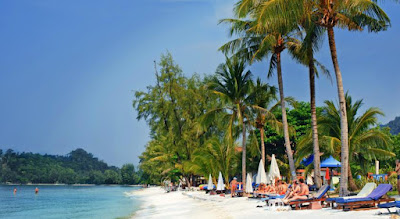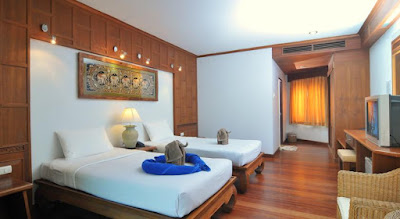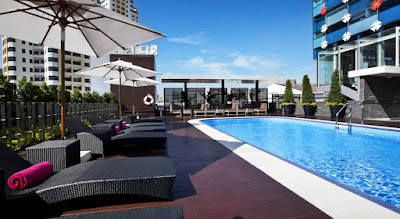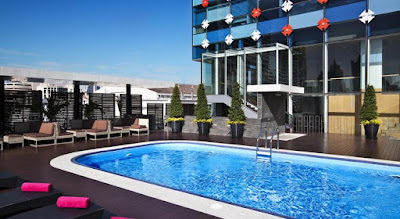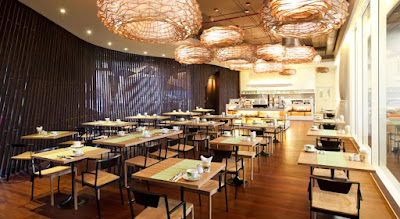Japan Travel Fair to promote destinations outside Tokyo, Osaka
Wakayama is one of the destinations slated to be promoted in the upcoming Japan Travel Fair in Jakarta.
.
The Japan Travel Fair is set to return for the seventh time to the Kota Kasablanka Mall in South Jakarta on March 3 to 5.
.
Six destinations are set to be highlighted at the event, namely the Kyushu (Fukuoka, Kagoshima, Kumamoto, Miyazaki, Nagasaki, Oita and Saga), Okinawa, Setouchi (Ehime, Hiroshima, Kagawa and Okayama), Tohoku (Akita, Aomori, Iwate, Miyagi and Yamagata), Wakayama and Hokkaido areas.
.
“Tokyo and Osaka have already become the most popular destinations among Indonesian travelers. This year, we want them to visit other places in Japan,” Japan National Tourism Organization (JNTO) for Jakarta executive director Hideki Tomioka said in a press conference in South Jakarta on Thursday. He added that the selected destinations were equipped with adequate infrastructure and the local administrations and travel agents were keen to tap into the Indonesian market and were set to participate in the fair to promote their attractions.
.
The Tohoku region, for instance, an area still recovering from the 2011 earthquake that had damaged nuclear plant reactors in Fukushima, is said to attend the event to promote places it deemed safe for tourists. Meanwhile, Okinawa is described as a "popular resort destination among local and overseas travelers" that is still foreign to Indonesian tourists, with attractions like picturesque beaches and diving spots.
.
isitors of the event can also expect to enjoy discounts from participating airlines, travel agents and partnering banks, with the lowest price for return tickets reportedly Rp 3.9 million (US$292).
The travel fair is part of Japan's effort to attract 40 million foreign visitors from all around the world by the 2020 Olympics in Tokyo. Last year, up to 271,000 Indonesians reportedly visited the country, representing a 32.1 percent growth from 2015.
.
